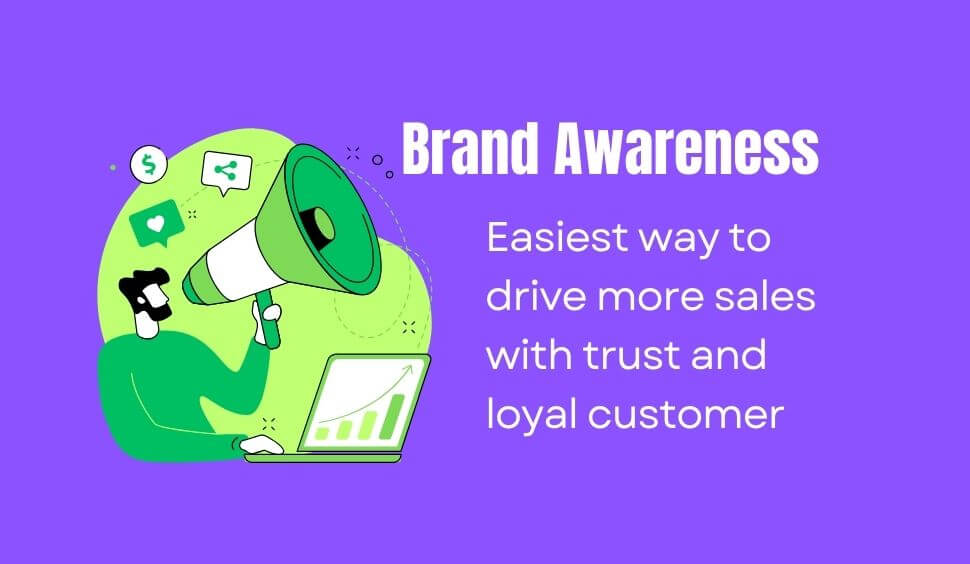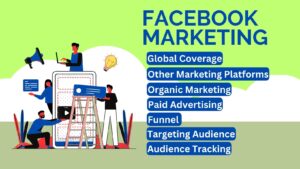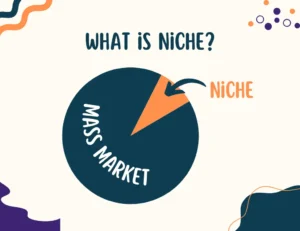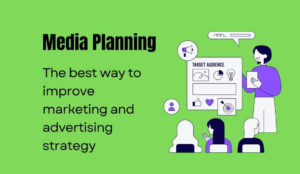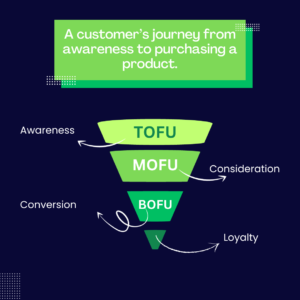What is Brand Awareness
Brand awareness is a marketing term that describes how well your target audience knows and recognizes your brand. It indicates the level of familiarity consumers have with your brand and their ability to recall it when exposed to relevant product categories or brand-related cues.
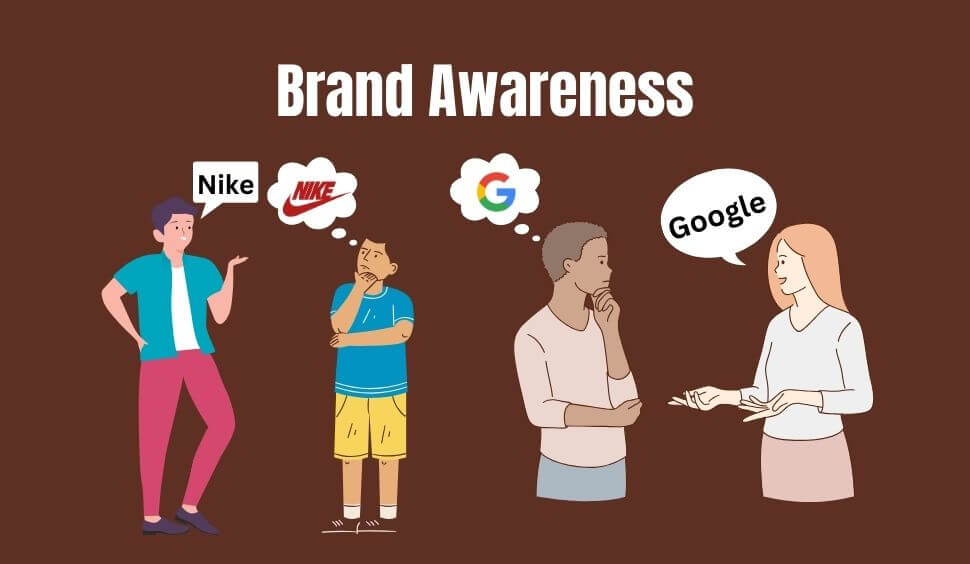
For example, when people talk about shoes, “Nike” may come to mind first. Similarly, when people talk about smartphones, the “Apple” brand comes to mind first. These are the brand awareness they have created over years of advertising and providing services.
Why is brand awareness important?
In the example above, you may have guessed some benefits you might find through brand awareness. There are a variety of business benefits that might come from raising your business awareness:
Develops Trust and Loyalty
From a sample of Salsify, it shows that 46% of people buy from the brand they know and trust, up from 30% in 2021. Moreover, compared to new consumers, loyal customers often spend 67% more on products.
Enhances Brand Equity
Brand equity is the perceived value of a brand, shaped by customer experiences and expectations. It influences consumers to choose one brand over others. Building brand awareness is key to enhancing brand equity. Positive brand equity leads to benefits like:
- higher prices
- increase stock value
- create social impact
Establishing brand equity involves promoting positive experiences and consistently reinforcing brand awareness.
Competitive Advantage
The competitive advantage of brand awareness lies in its ability to differentiate your brand from competitors and influence consumer behavior in your favor. When consumers are familiar with and recognize your brand, they are more likely to choose your products or services over those of competitors.
7 effective ways to increase brand awareness
Consistent Visual Identity
Maintaining a consistent look, feel, and message across all platforms is crucial for enhancing brand awareness. This includes using distinct and cohesive elements like logos, colors, typography, and design features. For instance, Starbucks maintains consistent branding with its green color and logo across all outlets and packaging.
Nike, McDonald’s, and Apple are prime examples of brands that have achieved instant recognition through iconic symbols like the Nike check mark, McDonald’s yellow “M,” and Apple’s bitten apple logo. It’s not just about having a logo; it’s about creating a symbol that becomes synonymous with your brand and using it consistently across all marketing channels, advertising, and product packaging. This unified approach helps make your brand easily recognizable and memorable to consumers.
Tell a narrative
Storytelling is really important for brand awareness because it helps brands connect with people in a meaningful way. When brands tell stories, they make themselves more relatable and genuine. Stories engage people, make brands stand out, and are easier to remember. They create a bond between the brand and its audience, build trust, and can even go viral.
For instance, Nike is known for its powerful storytelling through its “Just Do It” campaign. By featuring real athletes overcoming challenges and achieving their goals, Nike inspires its audience and creates an emotional connection with the brand. Then again, Coca-Cola has a long history of storytelling, particularly through its iconic holiday campaigns featuring themes of togetherness, joy, and nostalgia. These heartwarming ads resonate with audiences worldwide and reinforce the brand’s positive associations.
Overall, storytelling is a powerful way for brands to connect with consumers and increase awareness.
Offer freemium
Freemium, the practice of offering a basic version of a product or service for free, aids in raising brand awareness in several ways:
- Consumers can familiarize themselves with the brand by trying the goods for free.
- Even in the absence of an upgrade, users continue to engage with the brand over time.
- Free versions frequently feature restrictions or branding, which encourages word-of-mouth advertising.
- Customers that recommend the product and raise brand awareness could receive rewards.
- Giving anything away for free demonstrates a brand’s belief in its worth and improves its reputation.
Freemium business strategies, in general, are a clever method to expose a brand to a larger audience while promoting sharing and associations with excellence.
Buzz Marketing (Celebrity Endorsement)
Buzz marketing, sometimes referred to as celebrity endorsement, aims to generate curiosity and enthusiasm about a product or brand by using unusual techniques. It depends on consumers praising the brand, particularly on social media, which helps it reach a wider audience. This is crucial for raising brand recognition because it expands the business’s audience, fosters customer interaction, establishes credibility, is affordable, and can have a lasting effect on reputation. All things considered, buzz marketing is an effective method for raising awareness of your company and sparking interest.
Understanding Target Audience
Gaining a better understanding of your target market can help you target your messaging and marketing initiatives to the people who are most likely to be interested in your brand. You may produce content and campaigns that directly address the needs and interests of your audience by getting to know them, their preferences, where they spend their time, and the difficulties they encounter. By ensuring that the proper individuals hear about your brand, this focused strategy maximizes the impact of your efforts and raises the possibility of brand recognition and engagement. In the end, knowing who your target market is can help you build closer relationships with prospective clients, which will eventually increase brand awareness and loyalty.
Advertise everywhere with intelligence
Advertising plays a crucial role in building brand awareness, especially in the digital age where targeted campaigns can reach vast audiences. Brands like Grammarly have effectively utilized social, video, and display advertising to establish themselves as industry leaders. Online advertising, including paid social media and PPC, offers extensive reach and scalability. Platforms like Meta/Facebook provide specific settings for brand awareness campaigns, allowing for tailored approaches. A key strategy is to develop ads that reflect your brand’s personality and values, telling a compelling story rather than solely promoting products.
For instance, focusing on sustainability can resonate with environmentally-conscious consumers, fostering a deeper connection with your brand. By experimenting with different approaches and leveraging data insights, brands can refine their advertising strategies to effectively build brand awareness and engage their target audience.
Sponsor events for Brand Awareness
Sponsorships are a timeless marketing practice that continues to yield impressive results. While it may seem like merely putting your logo on various items won’t lead to significant brand recognition, sponsorships can be highly effective.
For example, UK mobile operator O2 saw a 6X return on its investment in sponsoring the O2 Dome venue, leveraging its unique assets to enhance brand preference, perception, and awareness. Similarly, sponsoring events like festivals and exhibitions exposes your brand to a large and targeted audience, associating your brand with the event’s personality and interests.
Consistent sponsorship establishes your brand as a leader in the field, as seen with Red Bull’s association with extreme sports, which has shaped our perception of the brand as daring and adventurous. By aligning sponsorships with your brand’s values and interests, you can effectively enhance brand awareness and perception among your target audience.

